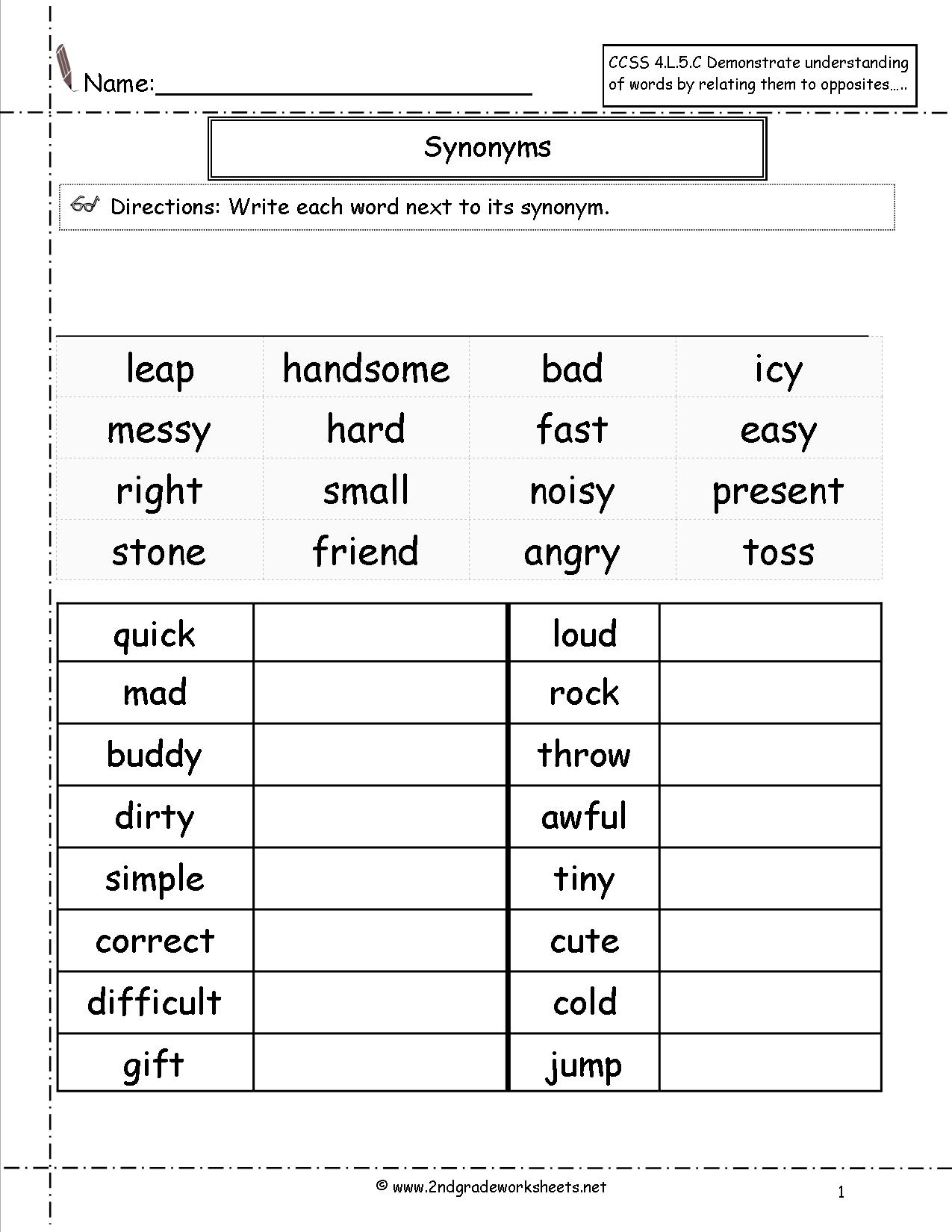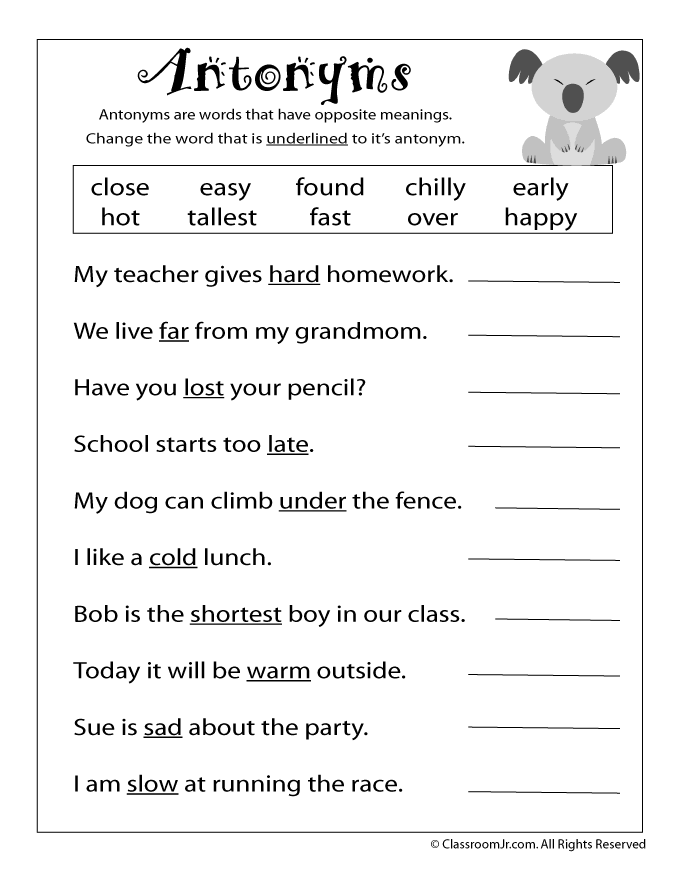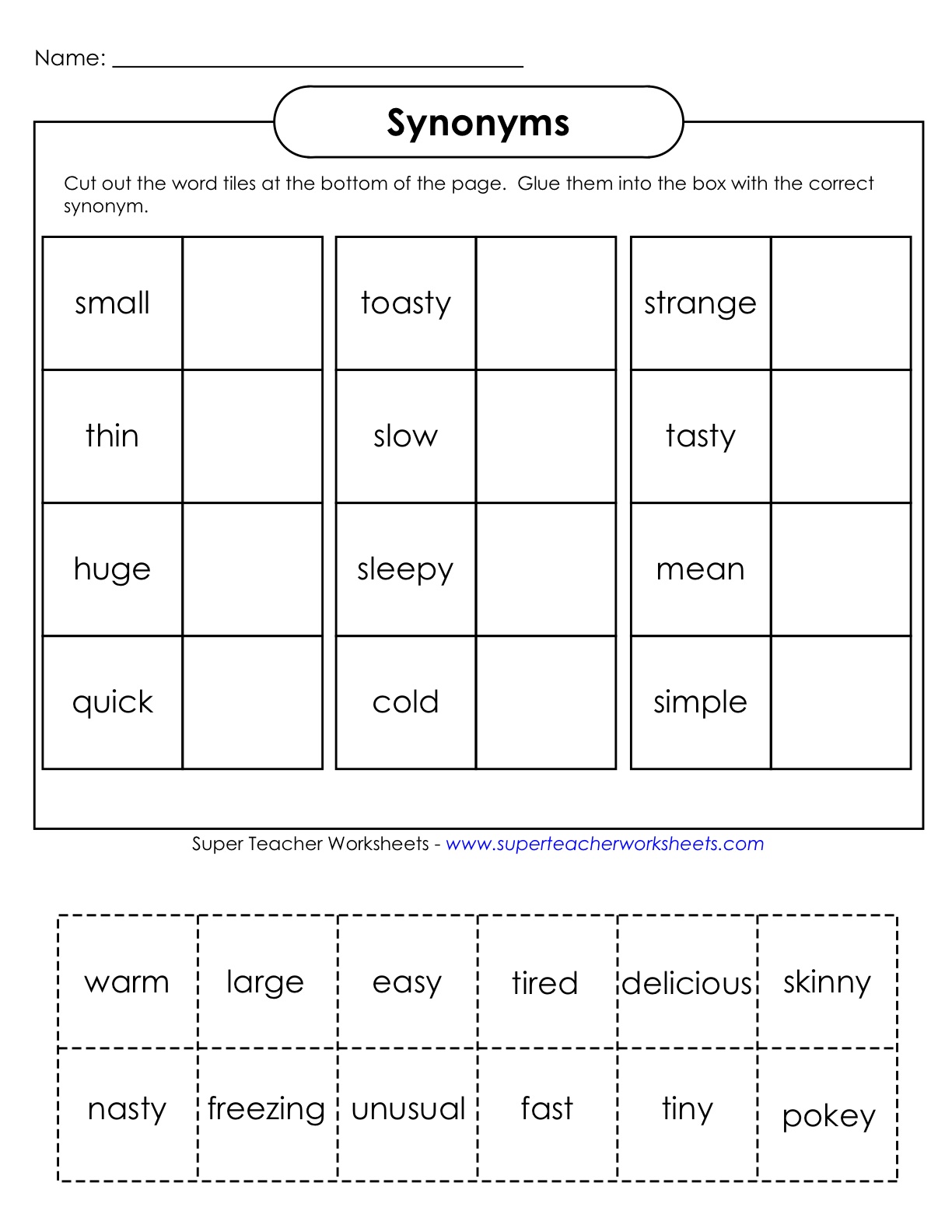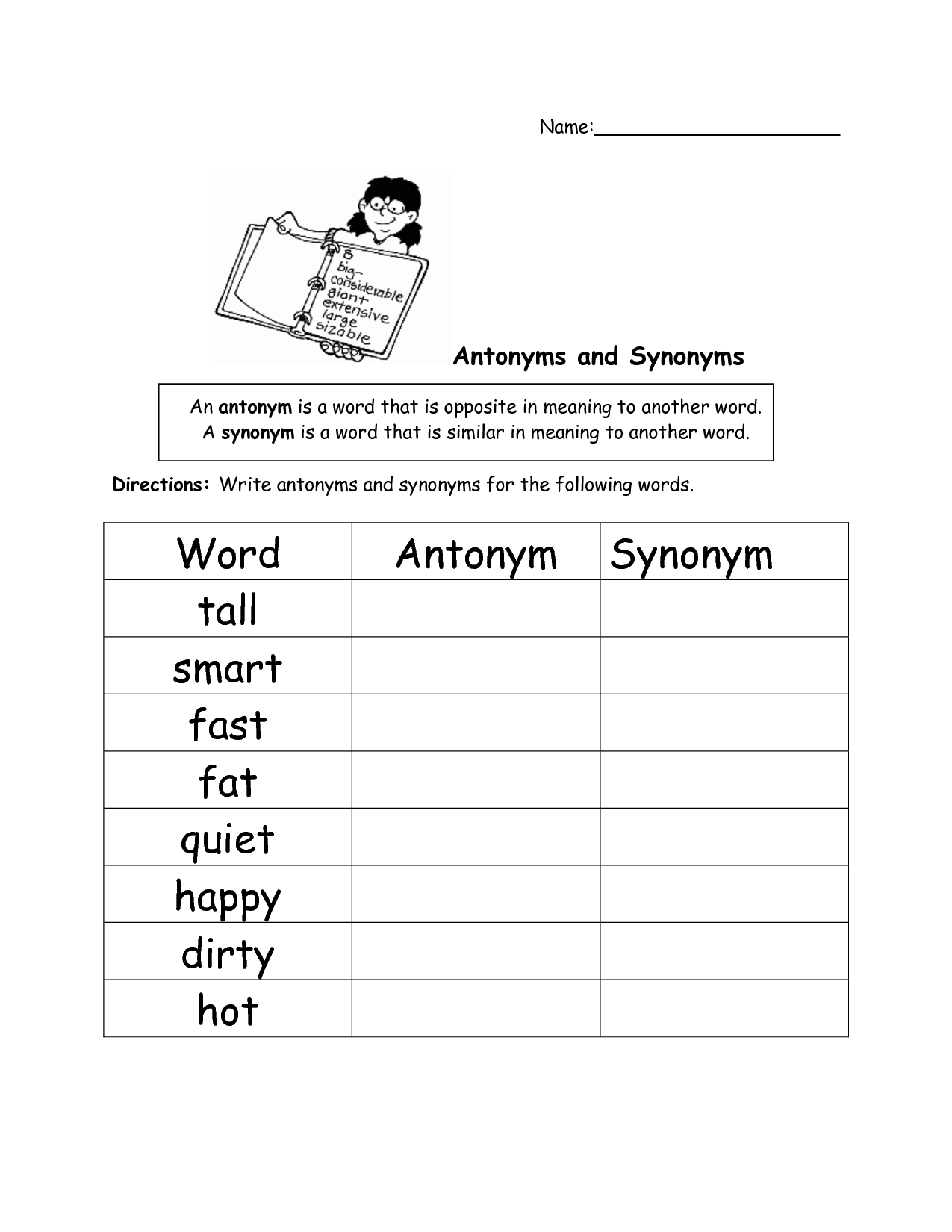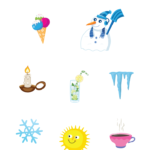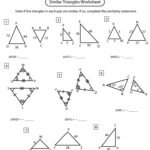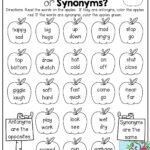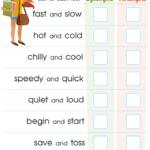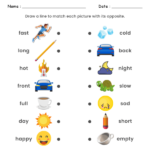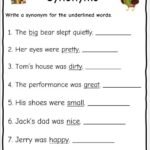Synonyms And Antonyms Worksheets
Synonyms and antonyms worksheets are helpful tools for learning and practicing the meanings of different words. These worksheets provide exercises and activities that focus on understanding the similarities and differences between words.
What are Synonyms?
Synonyms are words that have similar meanings. For example, “happy” and “joyful” are synonyms because they both convey a feeling of happiness. Synonyms can be used to add variety and richness to our language, as well as to avoid repetition.
What are Antonyms?
Antonyms are words that have opposite meanings. For instance, “hot” and “cold” are antonyms because they represent opposite temperatures. Antonyms help us express contrasts and distinctions in our language.
Why Use Synonyms and Antonyms Worksheets?
Synonyms and antonyms worksheets are valuable tools for expanding vocabulary, improving language skills, and enhancing comprehension. These worksheets offer various exercises to practice identifying synonyms and antonyms, matching words with their corresponding meanings, and using them correctly in sentences.
Benefits of Using Synonyms and Antonyms Worksheets
1. Vocabulary Expansion: By working with synonyms and antonyms, learners can increase their word bank and develop a broader vocabulary.
2. Language Skills Improvement: Engaging in synonym and antonym activities helps improve language skills such as reading, writing, and speaking.
3. Comprehension Enhancement: Understanding synonyms and antonyms allows learners to grasp the nuances and subtleties of language, enhancing their comprehension abilities.
4. Communication Skills Development: Learning synonyms and antonyms helps learners express themselves more precisely and effectively, improving their communication skills.
How to Use Synonyms and Antonyms Worksheets
1. Start with Basic Exercises: Begin with simple matching exercises where learners match words with their synonyms or antonyms.
2. Expand to Sentence Level: Progress to activities where learners need to use synonyms or antonyms in sentences, replacing words to convey different shades of meaning.
3. Contextual Practice: Provide worksheets that include sentences or passages where learners have to identify the appropriate synonym or antonym based on the context.
4. Vocabulary Games: Incorporate interactive games and activities to make learning synonyms and antonyms more engaging and enjoyable.
5. Regular Practice: Encourage regular practice by assigning worksheets as homework or incorporating them into classroom activities.
Using synonyms and antonyms worksheets can make learning and practicing vocabulary more enjoyable and effective. These worksheets provide a structured approach to understanding and using words with similar or opposite meanings, helping learners become more proficient in language skills. So, start exploring the world of synonyms and antonyms with these helpful worksheets!
Synonyms And Antonyms Worksheets With Answers
Worksheet For Synonyms And Antonyms
1st Grade Synonyms And Antonyms Worksheet
Synonyms And Antonyms Worksheets For Kindergarten
Synonyms And Antonyms Worksheet 2nd Grade
Synonym And Antonym Worksheet 2nd Grade
Synonyms And Antonyms Worksheets Grade 6
Synonyms And Antonyms Worksheets For Grade 1
Synonym And Antonym Worksheet Grade 4

